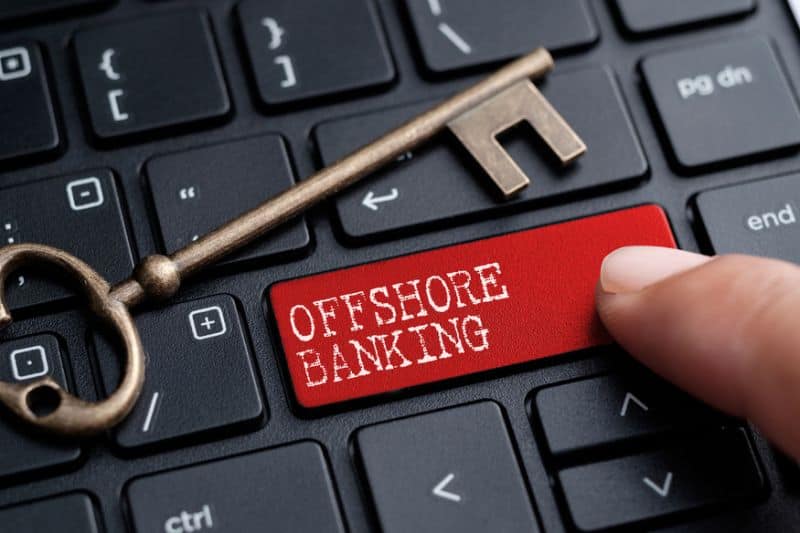Offshore banking is the practice of keeping financial assets in a bank or other financial institution located outside of one’s country of residence. For some, the allure of offshore banking lies in the potential for greater financial privacy, tax advantages, and higher interest rates. However, offshore banking also carries certain risks and disadvantages that should be considered before opening an offshore account. In this article, we will explore the pros and cons of offshore banking and provide readers with an informed perspective on this controversial financial practice.
Pros of Offshore Banking:
- Tax Benefits: One of the most common reasons individuals choose to bank offshore is to take advantage of tax benefits. Some offshore banking jurisdictions offer lower tax rates, which can result in significant savings for those with high incomes or large estates.
- Asset Protection: Offshore banking can provide an added layer of asset protection for those concerned about lawsuits or other legal issues. By keeping assets offshore, they may be harder for creditors or litigants to access.
- Financial Privacy: Offshore banking can offer a higher degree of financial privacy, as many jurisdictions have strict laws and regulations governing the disclosure of financial information. This can be especially appealing to those who value their financial privacy or are concerned about identity theft.
- Access to Higher Interest Rates: In some cases, offshore banks may offer higher interest rates than domestic banks, which can be particularly beneficial for those seeking to maximize their returns on investments.
Cons of Offshore Banking:
- Increased Risk: Offshore banking carries a higher degree of risk than domestic banking. The lack of regulation in some offshore banking jurisdictions may make it easier for criminals to launder money or engage in other financial crimes.
- Hidden Fees: Offshore banking may come with hidden fees, such as transfer fees, account maintenance fees, and currency conversion fees. These fees can quickly add up and erode any potential tax benefits or interest rate advantages.
- Limited FDIC Protection: Many offshore banks do not offer FDIC insurance, which means that deposits may not be insured in the event of a bank failure. This lack of protection can leave investors vulnerable to losses.
- Perception Issues: Offshore banking is often associated with tax evasion and other illegal activities, which can lead to negative perceptions among family, friends, and business associates.
In conclusion, offshore banking can offer both advantages and disadvantages, and the decision to open an offshore account should be made after careful consideration of one’s individual financial situation and goals. Those considering offshore banking should conduct thorough research on the bank and jurisdiction in question, as well as consult with a qualified financial advisor or attorney to ensure that all legal and regulatory requirements are met. While offshore banking can provide certain benefits, the risks and potential pitfalls should not be ignored. It is important to make an informed decision when considering offshore banking to ensure that it is the right choice for you.

